AI Chatbots have taken the world by storm in recent years. It began with the launch of OpenAI’s ChatGPT at the end of 2022, which pushed AI technology into the mainstream and sent developers and tech companies into a frenzy as they raced to create their own AI products and join the AI revolution.
Since then, AI-powered chatbots have been cropping up left, right and centre. Google has launched its own chatbot called Bard, Microsoft has released Bing AI for Microsoft Co-pilot, and hundreds if not thousands of companies have borrowed OpenAI’s GPT-4 to create their own, custom chatbots.
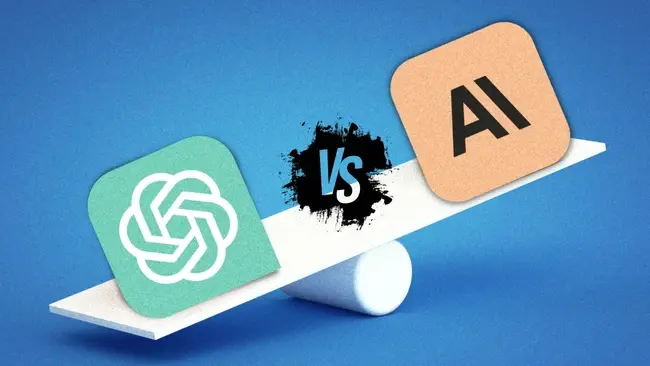
With so many AI tools and chatbots available in 2024, some people have already started comparing these new editions to the AI family to ChatGPT.
One popular chatbot people often compare to ChatGPT is Anthropic’s Claude, which, first launched in March 2023, has since amassed hundreds of thousands of active users and become a key player in the AI chatbot market.
This article explores the key differences between Claude and ChatGPT while comparing their respective features, advantages and limitations to find out which one is better in 2024.
What is Claude?
Claude is an AI chatbot created by Anthropic, a research company focused on safe and beneficial AI development. It's known for its natural language processing capabilities and its "constitutional design," which aims to ensure its outputs are helpful, harmless, and honest.
Claude is powered by a powerful large language model (LLM) trained on a vast dataset of text and code. It can generate different creative text formats, translate languages, write different kinds of creative content, and answer your questions in an informative way.
It also excels at producing natural and engaging conversations, mimicking human-like dialogue flow and understanding context. This makes interacting with it more like having a chat with a knowledgeable friend rather than an AI system.
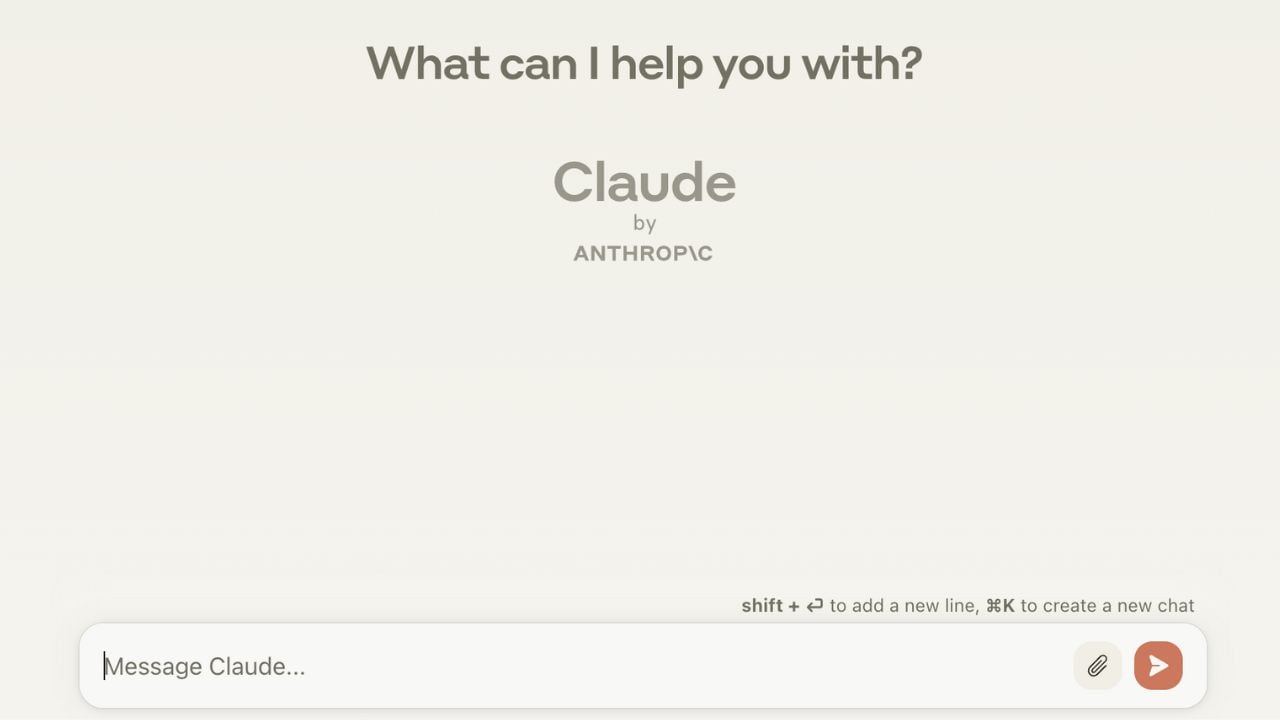
Unlike other AI systems, Claude operates under a set of "constitutional" AI principles designed to ensure all of its responses are helpful, harmless, and honest. These principles guide its responses to avoid biases, harmful stereotypes, and misinformation.
There are two models of Claude: Claude and Claude Instant.
- Claude: Released in March 2023, this is Anthropic’s most powerful model and excels at a wide range of tasks from sophisticated dialogue and creative content generation to detailed instruction. It was originally powered by the language model Claude 1.3, but a second, more powerful version – powered by an LLM called Claude 2 – was released in July 2023 and is now the version available to users.
- Claude Instant: This is Anthropic’s lighter and less powerful model. says that this version of Claude is lighter and faster than Claude 2, but that Claude 2 is better at complex reasoning and the more powerful offering overall.
Each Claude model comes in a free version and a paid version called Claude Pro. The free version of Claude is available to users in a select number of countries including the US, UK and Canada and offers a limited experience of the chatbot. You’re limited to 30 messages a day and you don’t get access to the full range of features, such as customisable personas.
With Claude Pro, you get at least 5x the usage compared to our free service. You also unlock abilities like fully customising Claude’s persona and Integrating Claude into Slack channels and DMs. The pro version of Claude currently costs $20/month billed annually, but prices may be higher for business and enterprise plans.
Features of Claude
Claude has a range of different features for answering questions correctly, generating content and communicating fluently with the user. Some of its most notable features include:

When Coding Becomes Conversation
How natural language prompts and LLMs are redefining software delivery, talent models and accountability in enterprise development.
- Conversational Fluency: Claude excels at understanding and responding to natural language prompts and questions. It can hold engaging conversations, maintain context, and adapt its responses based on the flow of the dialogue.
- Factual Accuracy and Transparency: Claude is trained on a massive dataset of text and code, allowing it to access and process factual information effectively. It strives for transparency in its responses, indicating when it doesn't have an answer or when its information might be incomplete.
- Constitutional Principles: Claude operates through a constitutional design. It operates under a set of ethical principles that guide its responses to avoid harmful stereotypes, biases, and misinformation. This makes it potentially safer and more reliable for sensitive applications compared to other AI systems.
- Mutlimodel: While primarily an LLM, Claude is also capable of processing and generating text, code, and images. This allows it to perform tasks like writing different kinds of creative content, translating languages, and even generating simple visuals.
- Customizable Personas: Users can choose from different personas for Claude, each with its own unique style and voice.
What is ChatGPT?
ChatGPT is an AI chatbot trained on a massive dataset of text and code that can engage in conversations and answer questions from the user.
Developed by OpenAI, the chatbot can generate human-quality text, translate languages, write different kinds of creative content, and most importantly, hold engaging conversations on various topics.
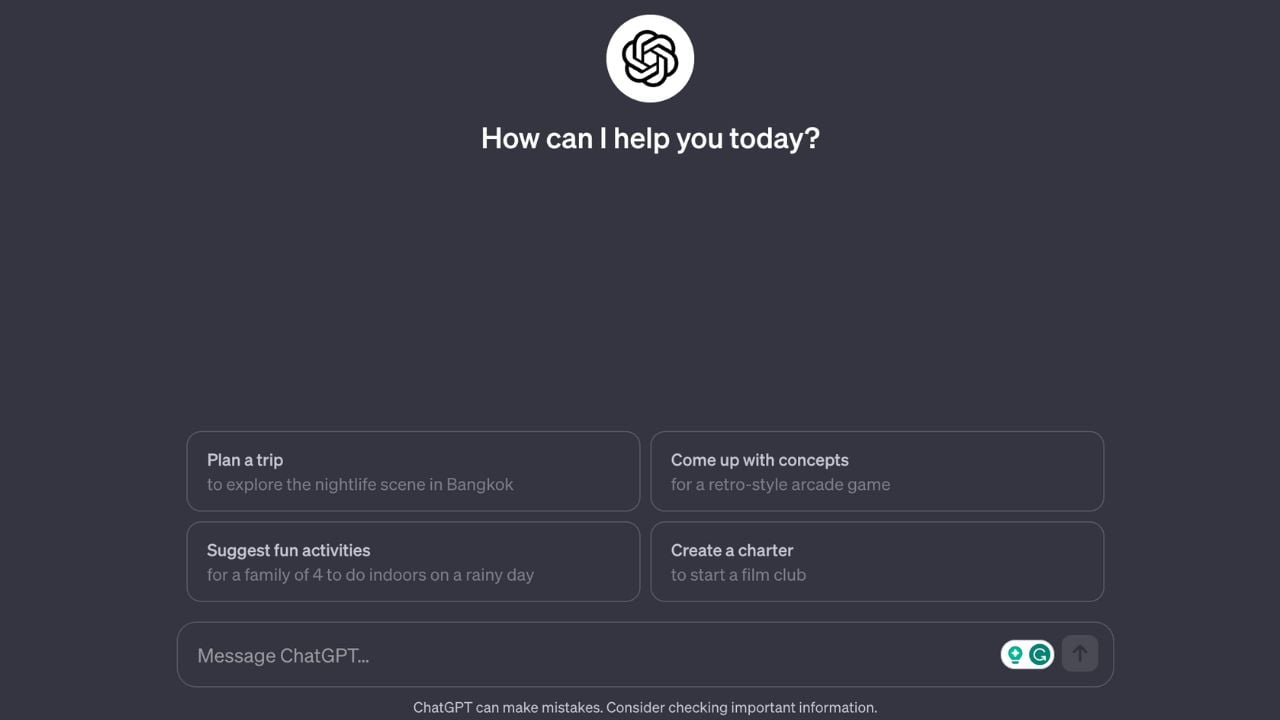
ChatGPT was one of the first chatbots of its kind when it launched in November 2022 and is largely credited with setting off the AI revolution that has gripped Silicon Valley over the past year or so.
It has since reached over 180 million users and is backed by tech giants such as Microsoft and Inosys, making OpenAI a frontrunner in the AI race.
Like Claude, ChatGPT comes in both free and paid versions. The free version is powered by OpenAI’s GPT-3.5, while the ChatGPT Plus is powered by the more powerful GPT-4.
- Free GPT-3.5 version: This is the most widely available version, accessible through the ChatGPT website and open to anyone. It uses the GPT-3.5 language model and offers basic conversational capabilities, creative text generation, and information retrieval.
- Paid GPT-4 version (ChatGPT Plus): This premium version offers advanced features and capabilities compared to the free one. It uses the more powerful GPT-4 language model, making it more accurate and more up-to-date.
Features of ChatGPT
ChatGPT offers a variety of features for answering questions, generating content and communicating with the user. Some of its most notable features include:
Inside LLM Architecture
Break down transformers, attention, training data and parameters to see what it takes to deploy enterprise-grade language models.
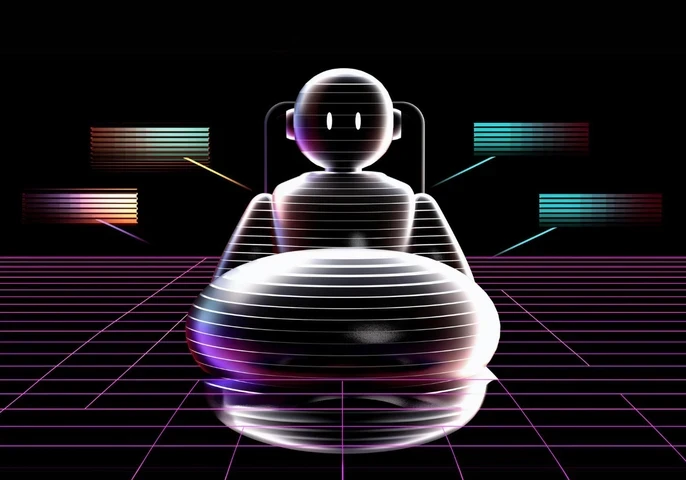
- Natural language processing: ChatGPT understands the nuances of human language, allowing for engaging and natural dialogues on any topic.
- Adaptive tone and style: ChatGPT can adjust its tone and style to match yours, making the conversation feel more personal and engaging.
- Text generation: ChatGPT can generate different creative text formats, including poems, code, scripts, musical pieces, emails, letters, and more.
- Factual accuracy: ChatGPT strives to provide accurate and up-to-date information, drawing from reliable sources and citing them when necessary. It’s important to note however that the free version of ChatGPT is only trained up until 2021, meaning some of the information it provides can be out of date.
- API Access: You can integrate ChatGPT into your own applications and projects to leverage its capabilities.
Claude vs ChatGPT: Which is the better chatbot?
Claude and ChatGPT excel in different areas. Claude is better at understanding human language and can provide more accurate responses thanks to its ethical, constitutional design.
But ChatGPT does a better job at tasks such as content creation, image generation and voice chat, and offers free, unlimited access to a range of services you have to pay for on Claude. This makes ChatGPT much much better suited for general, everyday use, but not as good as Claude at answering basic questions.
To understand which chatbot is better for you, you need to think about what you’re using it for. Let’s run through some of the pros and cons of using Claude vs ChatGPT:
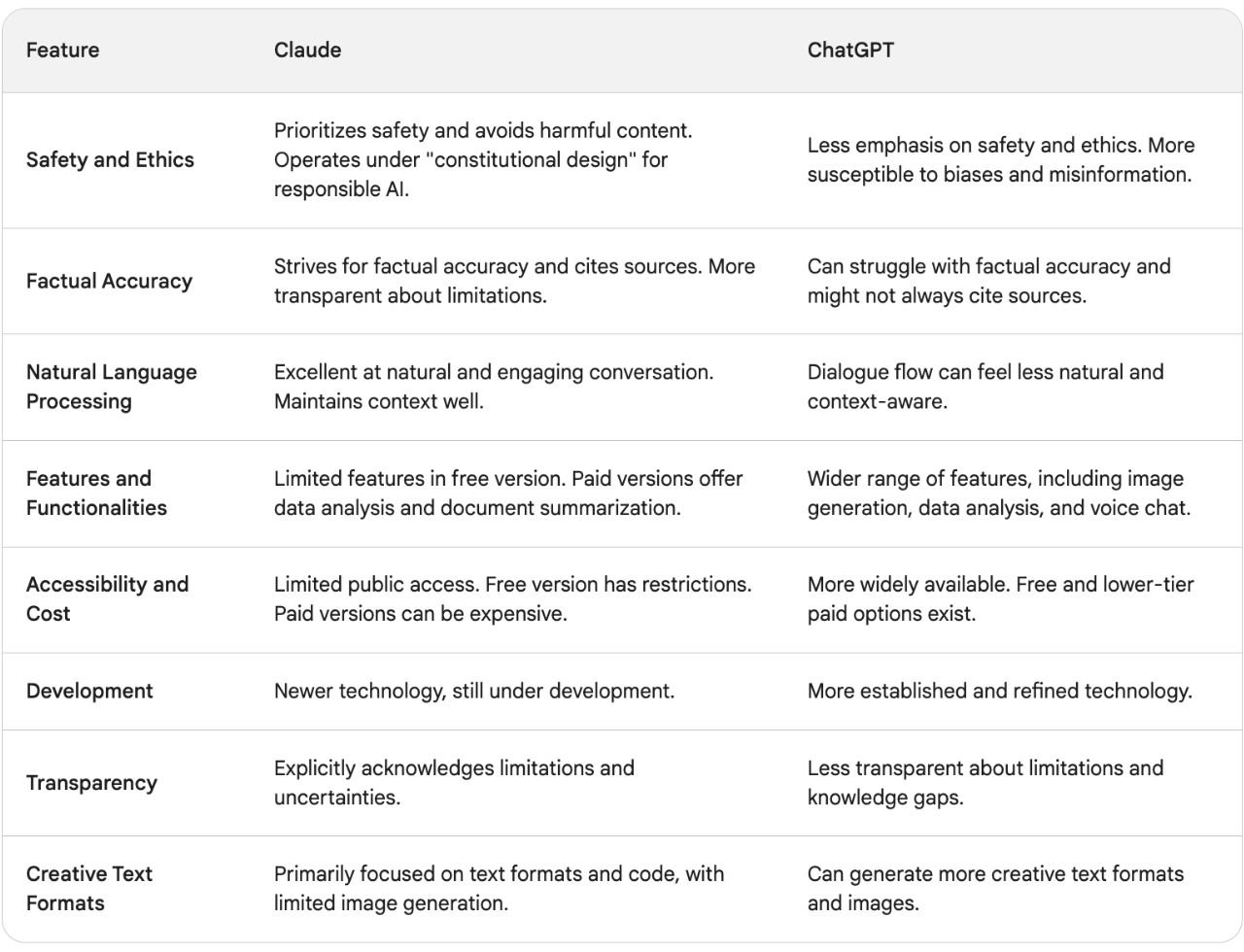
Key Differences
1. Safety and Factual Accuracy
While it can still make mistakes, Anthropic’s Claude is generally more accurate than ChatGPT thanks to the constitutional design Antropic used to build it, allowing it to emphasize factual grounding, transparency about limitations, and avoiding misinformation. The chatbot is also trained on diverse and reliable datasets and always cites sources for all the information it provides, making it less likely to generate misinformation or make inaccurate claims.
While ChatGPT has safety features too, it’s more likely to be influenced by biases in its training data. It also doesn’t always cite its sources, making verifying the information it generates much more difficult for the user. It’s also important to note that ChatGPT can sometimes prioritize creative flow and engaging narratives over generating factually correct information potentially leading to inaccuracies in its responses.
2. Quality of Responses

AI Slop and the Erosion of Trust
Analyses how mass AI-generated media accelerates misinformation, manipulates perception, and weakens public confidence in facts.
When it comes to generating its responses, Claude's "constitutional design" means that all the information it provides is helpful, harmless, and honest. The chatbot also openly acknowledges when it doesn't have an answer or when its information might be incomplete, preventing it from producing inaccurate or difficult-to-read responses.
Still, due to ChatGPT being much more popular and well-established than Claude, it can generate responses to queries faster and its responses are generally more fine-tuned and detailed than Claude’s. Depending on the chosen plan, ChatGPT can offer faster processing speeds and shorter response times, especially for simpler content generation tasks. ChatGPT also has a larger community and more readily available resources like tutorials and examples. This can make understanding how to get the best responses possible easier for everyday users.
3. Natural Conversation
When it comes to communicating with the user, Claude has it in the bag. The chatbot is designed with a primary focus on natural language processing (NLP) and understanding the nuances of human conversation, including elements like context, intent, and emotional tone. It’s also trained on diverse datasets and designed with constitutional principles, emphasizing clarity, coherence, and avoiding misleading language.
While capable of NLP, ChatGPT tends to prioritize other features like creative text formats or data analysis, potentially impacting its conversational fluency. While capable of language processing, it may not always provide clear explanations or acknowledge uncertainties in its understanding. This can leave users unsure about the accuracy or reasoning behind its responses, or even ChatGPT not directly responding to the question at hand.
4. Generating Contnet
ChatGPT is much more versatile than Claude when it comes to generating content, and it excels at generating creative text formats like poems, scripts, musical pieces, and other content. It also offers more functionalities for content creation, including image generation, advanced data analysis, and voice chat, allowing for diverse content formats that simply aren’t available on Claude. You can also specify the tone, style, and format of the output, giving you more control over the creative direction of the content it creates.
Inside Poe's Chatbot Aggregator
See how a unified access layer to GPT-4, Claude, Gemini and more is reshaping how enterprises test, compare and deploy generative AI.
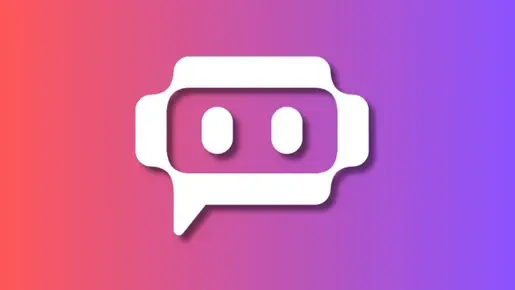
While capable of creative text formats, Claude focuses on factual accuracy and responsible AI principles. Its creative outputs might prioritize clarity, but they also often lack imagination or the creative flair you get with responses from ChatGPT.
5. Range of Features
ChatGPT currently offers many more features than Claude, especially in its public version. Launched in November 2022, it has had more time for feature development and expansion. OpenAI, the team behind ChatGPT, has prioritized adding functionalities across various areas like image generation, data analysis, and Plugins. ChatGPT also targets a broader audience for diverse use cases, with a free tier to attract users and a tiered paid system for generating revenue and further development.
Unlike ChatGPT, Claude is suited for businesses and specific applications requiring ethical and responsible AI. Anthropic focused on developing features aligned with their core principles of responsible AI development, like factual accuracy, ethical considerations, and avoiding harmful content rather than adding new features and functionalities.
6. Cost
Both ChatGPT and Claude have free and paid-for versions of their chatbot. The free version of ChatGPT provides all of the essential features for using a chatbot, such as unlimited messages, text generation, and access to OpenAI’s powerful GPT-3.5 LLM.
For users wanting extra features, there’s ChatGPT Plus, which costs $20 a month and comes with a range of new features, such as image generation, data analysis, voice chat, and various creative text formats. It also brings faster response times, especially for simpler tasks.
Claude’s free version is much more limited than ChatGPT. You can only send 30 messages per day and you don’t get access to any of the premium features that make Claude so great. The pro version of Claude currently costs $20/month and brings features like custom personas, image generation and more. But you’re still limited to a set amount of messages per day, which is disappointing considering it costs the same as ChatGPT Plus.
Final Thoughts
Claude and ChatGPT are both extremely powerful AI tools with unique features for answering queries and generating content. While Claude is better at understanding human language and providing more accurate responses, ChatGPT does a better job at creating content and is more suited to general, everyday use.
Still, choosing between ChatGPT and Claude is not a one-size-fits-all decision since both AI systems excel in different areas and cater to diverse needs.
Choose Claude if you prioritize safety, factual accuracy and natural conversation or just need a reliable and transparent language model for sensitive applications. But choose ChatGPT if you need a wider range of features than responding to queries and you're less concerned about the potential for bias or inaccuracy.




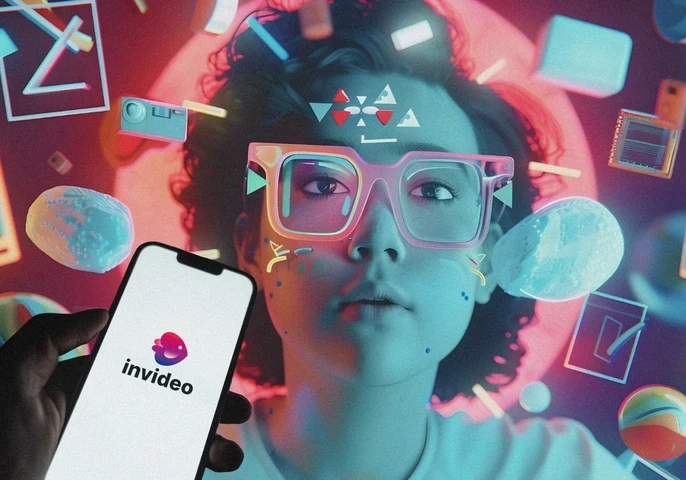
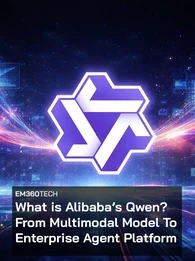

Comments ( 0 )